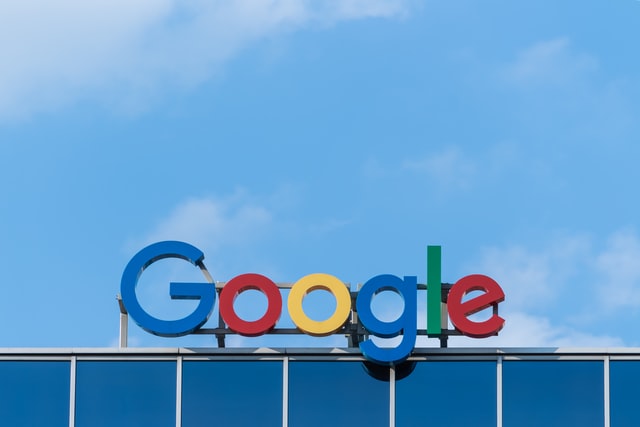 POLICY
POLICY
 POLICY
POLICY
 POLICY
POLICY
A group of Republican and Democratic senators introduced a bill today that targets the ads business of companies such as Google LLC, Meta Platforms Inc and Amazon.com Inc.
“The Competition and Transparency in Digital Advertising Act” introduced by senators Ken Buck (R-Colorado), Burgess Owens (R-Utah), Pramila Jayapal (D-Washington), David Cicilline (D-Rhode Island), and Matt Gaetz (R-Florida) aims to stop companies that make more than $20 billion in digital ad revenue from participating in both sides of the digital advertising market.
The authors of the bill said big tech’s domination in the ad market hurts competition. Companies such as Meta and Google, they said, are free to impose “monopoly rents” and fill the role of seller, buyer and broker, within the advertising ecosystem. Amazon also has a significant ad business now.
“The online advertising market is monopolized, opaque, and rigged in favor of just two companies: Google and Facebook,” said Cicilline. “In the case of Google, it controls both sides of the market for buying and selling advertisements online, and routinely exploits this conflict of interest to favor its own services or extract higher prices from other companies. The combined dominance of Google and Facebook is an existential threat to news publishers and small businesses, and their abuse of this dominance imposes a hidden tax on consumers every day.”
Senator Jayapal said the bill won’t just crackdown on the monopolies that the tech giants enjoy but will help local newspapers and independent journalism. “We cannot have these Big Tech monopolies like Google and Facebook continue to have a chokehold on the digital advertising ecosystem,” she said. “Google, in particular, has total control of the ad market: It runs the marketplace where local newspapers have to advertise, and then it controls both the buy-side and the sell-side of that marketplace.”
It’s Google that would take the biggest hit by far if the bill goes through. Today, the company commented on the bill, saying that this is “the wrong bill, at the wrong time, aimed at the wrong target.” It added that low-quality data brokers would mean more spam and pose a privacy threat to the average consumer.
“Advertising tools from Google and many competitors help American websites and apps fund their content, help businesses grow, and help protect users from privacy risks and misleading ads,” Google said in a statement to media. “Breaking those tools would hurt publishers and advertisers, lower ad quality and create new privacy risks. And, at a time of heightened inflation, it would handicap small businesses looking for easy and effective ways to grow online.”
Support our mission to keep content open and free by engaging with theCUBE community. Join theCUBE’s Alumni Trust Network, where technology leaders connect, share intelligence and create opportunities.
Founded by tech visionaries John Furrier and Dave Vellante, SiliconANGLE Media has built a dynamic ecosystem of industry-leading digital media brands that reach 15+ million elite tech professionals. Our new proprietary theCUBE AI Video Cloud is breaking ground in audience interaction, leveraging theCUBEai.com neural network to help technology companies make data-driven decisions and stay at the forefront of industry conversations.